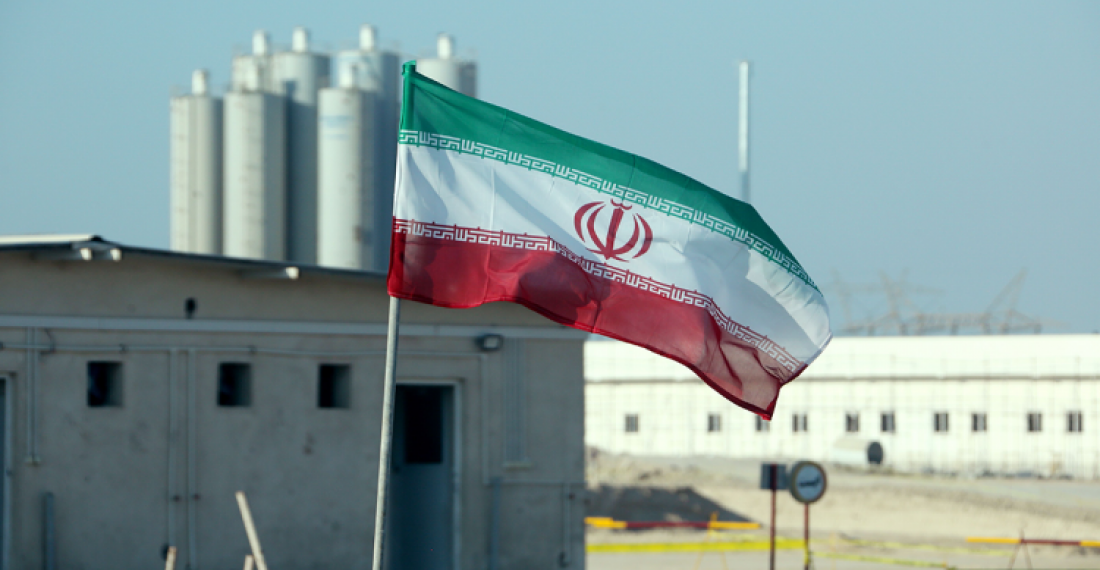After years of uncertainty and negotiations, it is finally decision time for the future of the Iran nuclear deal, known as the Joint Comprehensive Plan of Action (JCPOA).
On Monday (8 August), the European Union submitted a “final text” at talks to salvage the 2015 deal aimed at reining in Iran’s nuclear ambitions. Tehran said it was reviewing the proposals.
Britain, China, France, Germany, Iran and Russia, as well as the United States indirectly, resumed talks on Thursday in Vienna, months after they had stalled.
The European Union has submitted a “final text,” a European official said on Monday. “We worked for four days and today the text is on the table,” the official told reporters on condition of anonymity. “The negotiation is finished, it’s the final text... and it will not be renegotiated.” “Now the ball is in the court of the capitals and we will see what happens,” the European official added. “No one is staying in Vienna.” The official said he hoped to see the “quality” text accepted “within weeks.”
AFP news agency quoted European diplomats as saying that the final draft tabled is non-negotiable, and “stretches us all to the limits of our flexibility.”
According to The Wall Street Journal correspondent Laurence Norman, senior EU official said that EU foreign policy chief Josep Borrell will send messages to participating states setting out the next steps.
The EU has been co-ordinating the efforts to revive the JCPOA, which involved mediating indirect talks between Iran and the United States.
Iran said it was examining the 25-page document. “As soon as we received these ideas, we conveyed our initial response and considerations,” state news agency IRNA quoted an unnamed foreign ministry official as saying. “But naturally, these items require a comprehensive review, and we will convey our additional views and considerations.”
On Sunday, Iran demanded the UN nuclear watchdog “completely” resolve questions over nuclear material at undeclared sites. Iranian sources have suggested a key sticking point has been a probe by the International Atomic Energy Agency (IAEA) on traces of nuclear material found at undeclared Iranian sites. “That has nothing to do with” the Joint Comprehensive Plan of Action (JCPOA) agreement of 2015, the European official said. “I hope Iran and the IAEA will reach an agreement because that will facilitate a lot of things.”
The UN agency’s board of governors adopted a resolution in June, censuring Iran for failing to adequately explain the previous discovery of traces of enriched uranium at three previously undeclared sites.
“We believe that the agency should completely resolve the remaining safeguard issues from a technical route by distancing itself from irrelevant and unconstructive political issues, Iran’s foreign minister Hossein Amir-Abdollahian said on Sunday.
The EU-coordinated negotiations to revive the JCPOA began in April 2021 before coming to a standstill in March.
The 2015 accord gave Iran sanctions relief in exchange for curbs on its atomic program to guarantee Tehran could not develop a nuclear weapon — something it has always denied wanting to do.
But the unilateral withdrawal of the United States from the deal under president Donald Trump in 2018 and the re-imposition of biting economic sanctions prompted Iran to begin rolling back on its own commitments.






